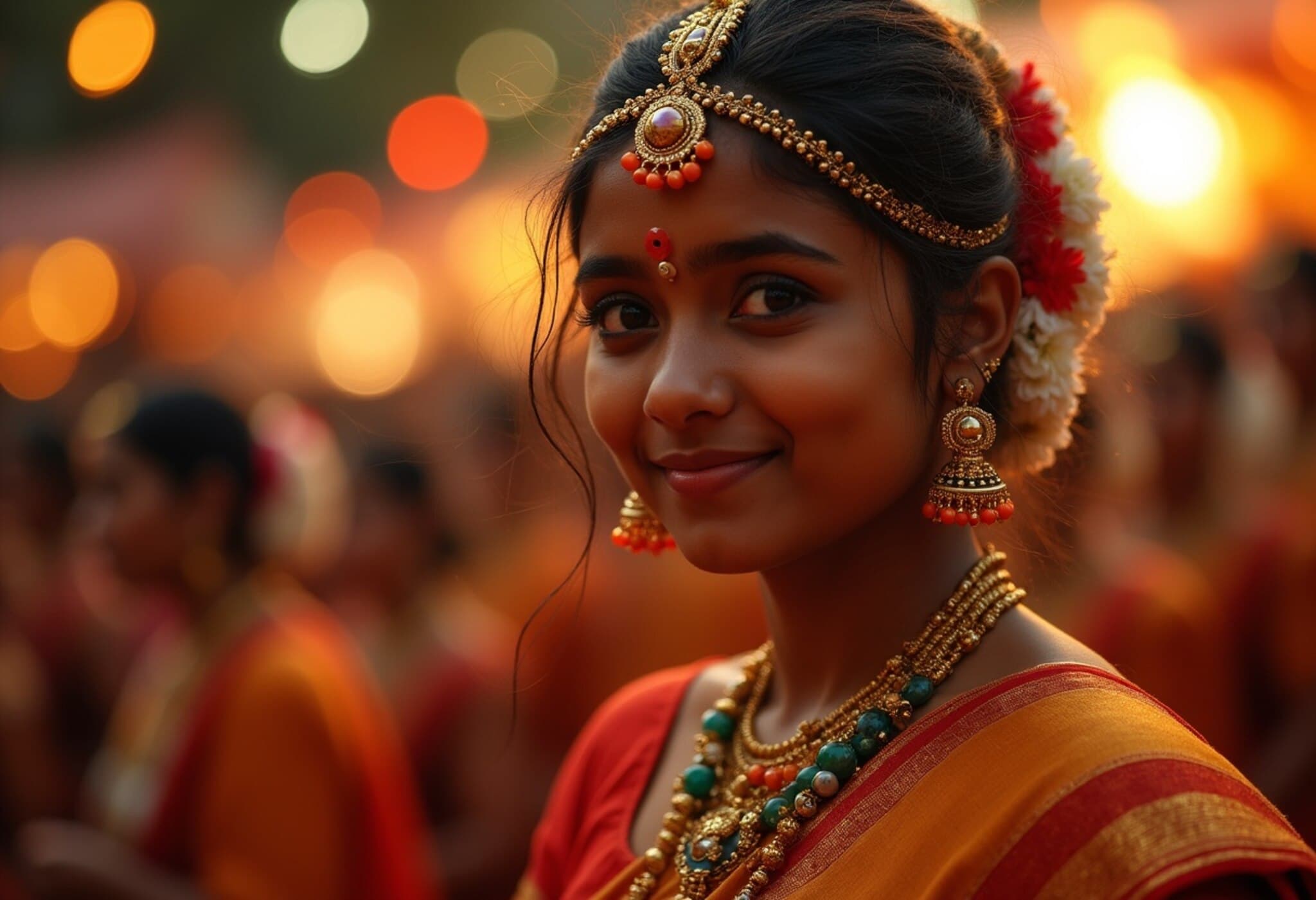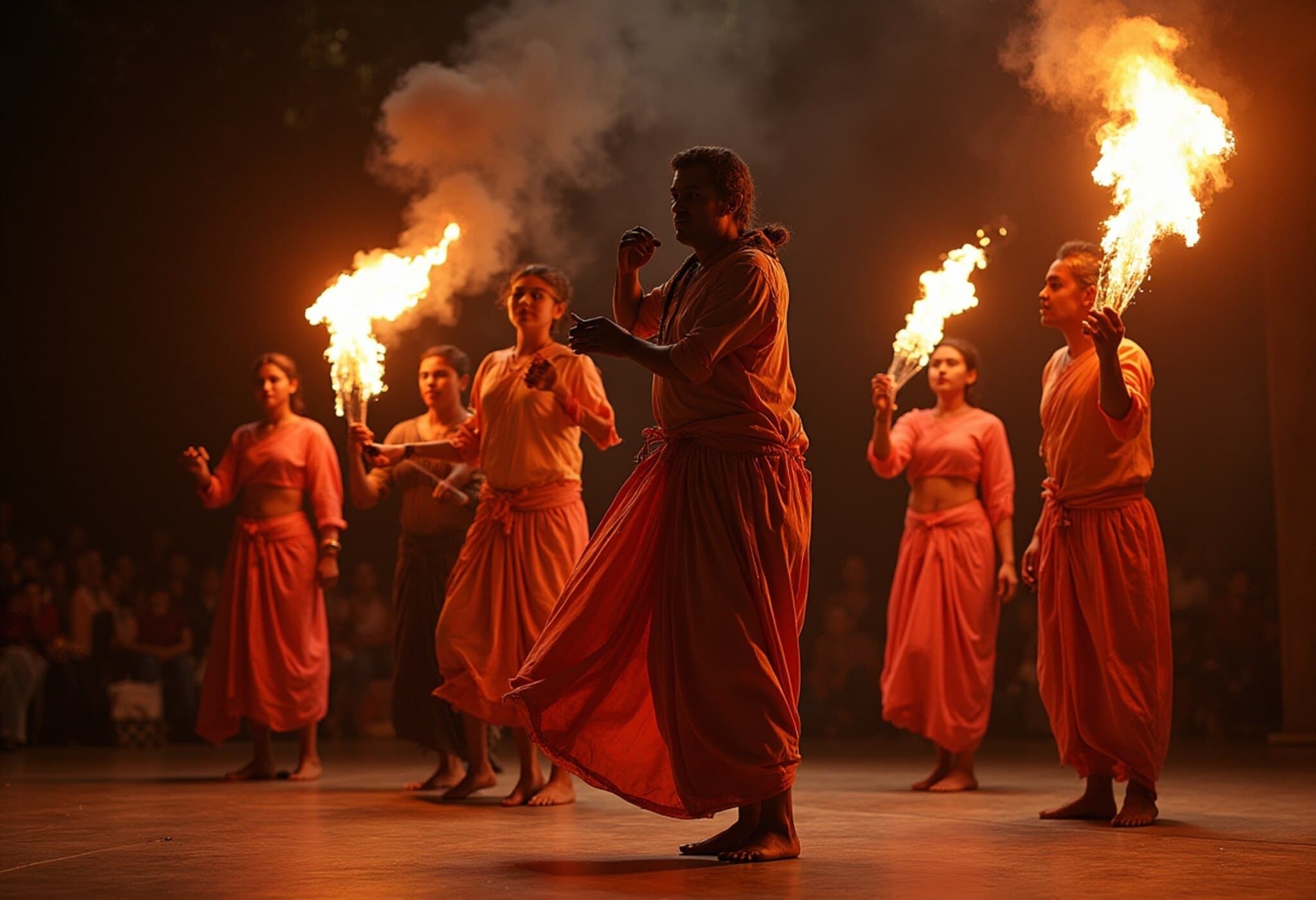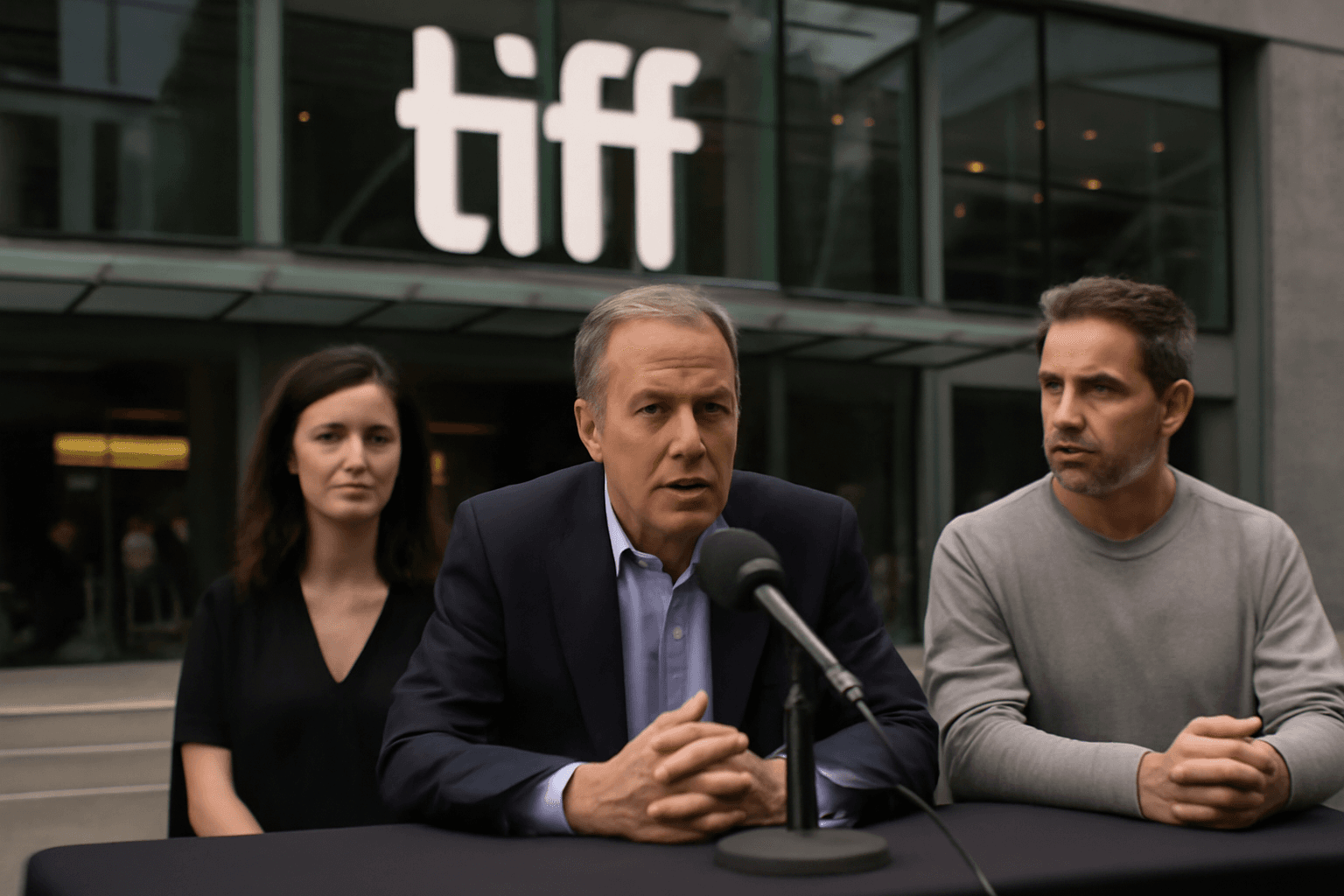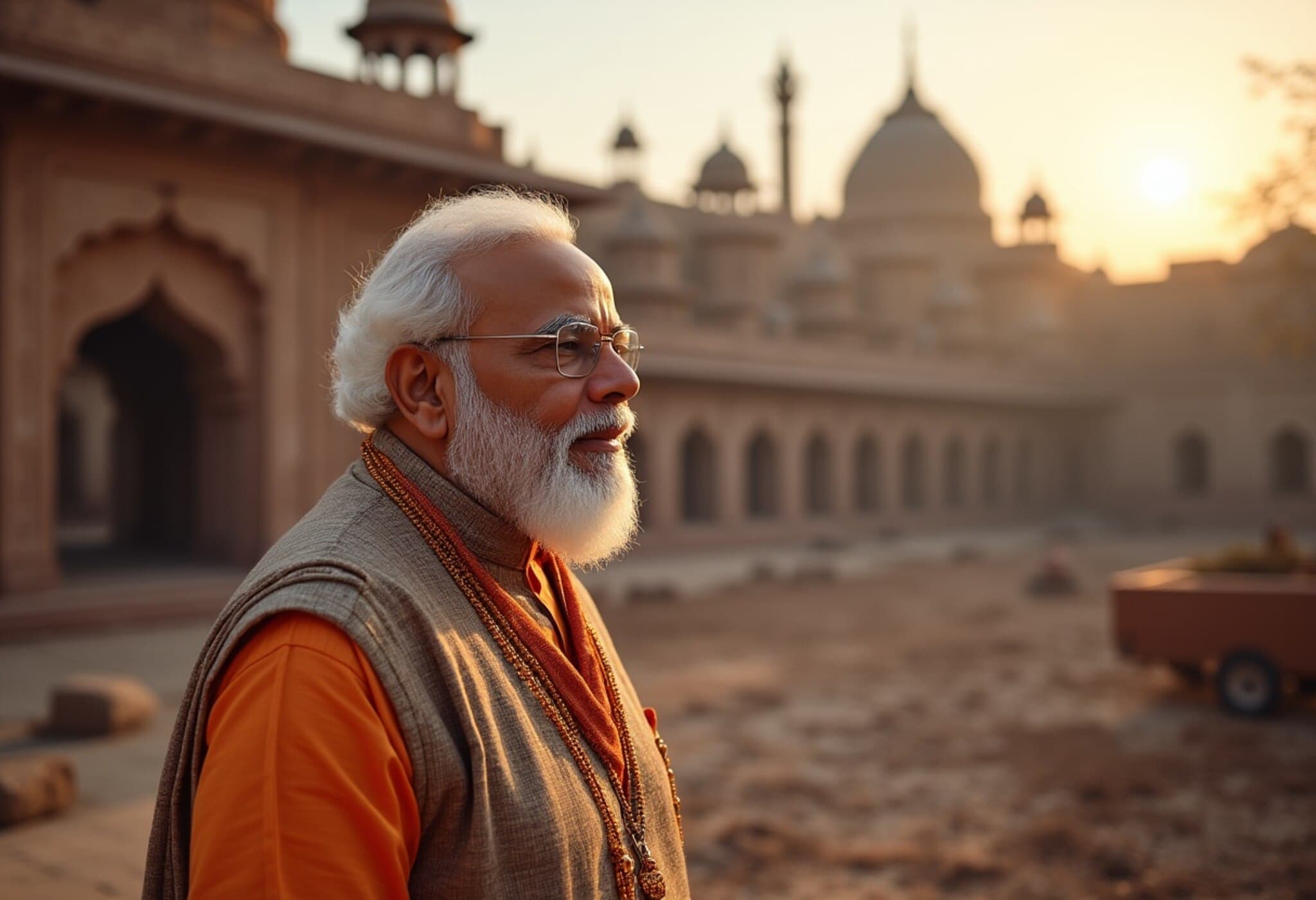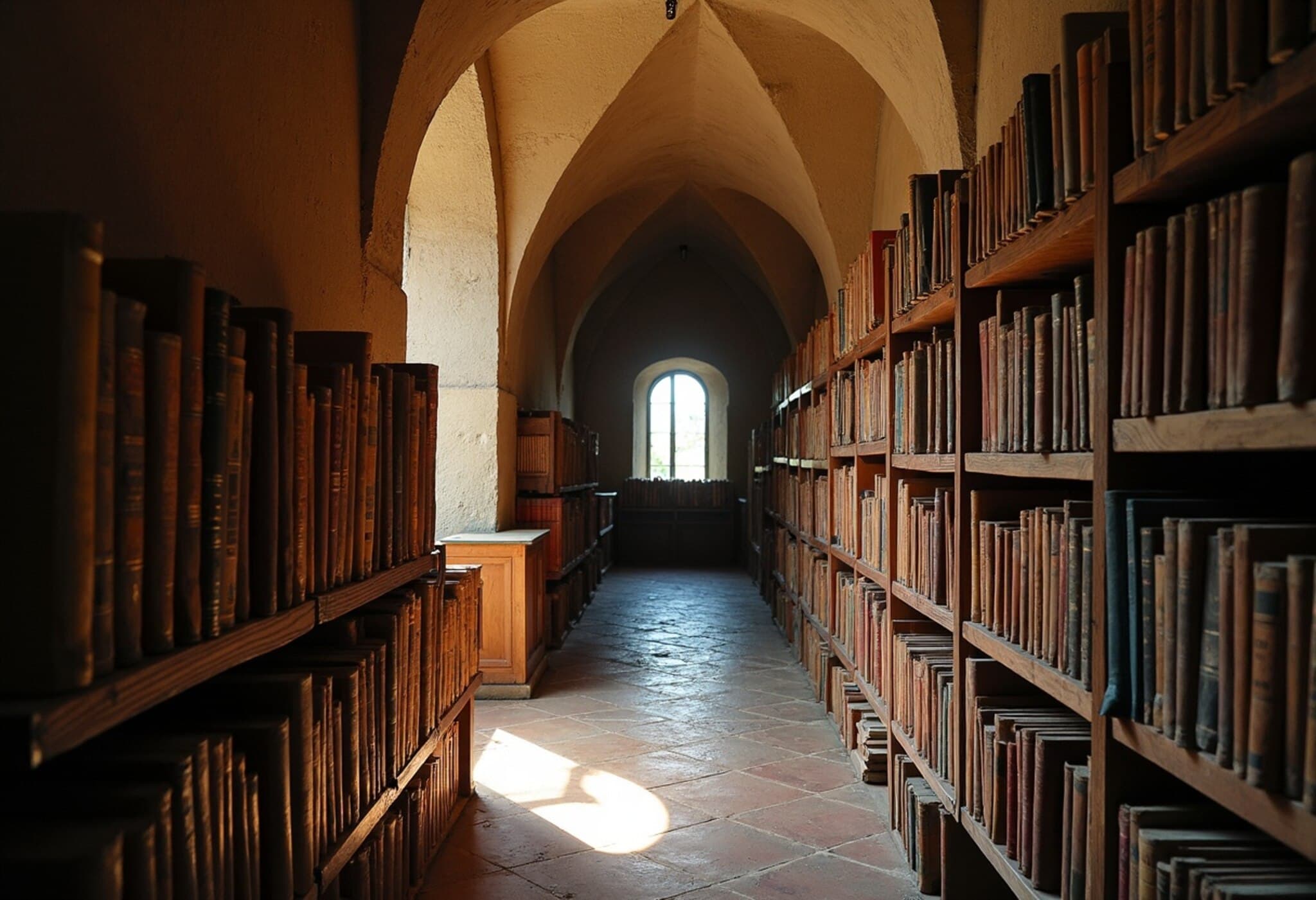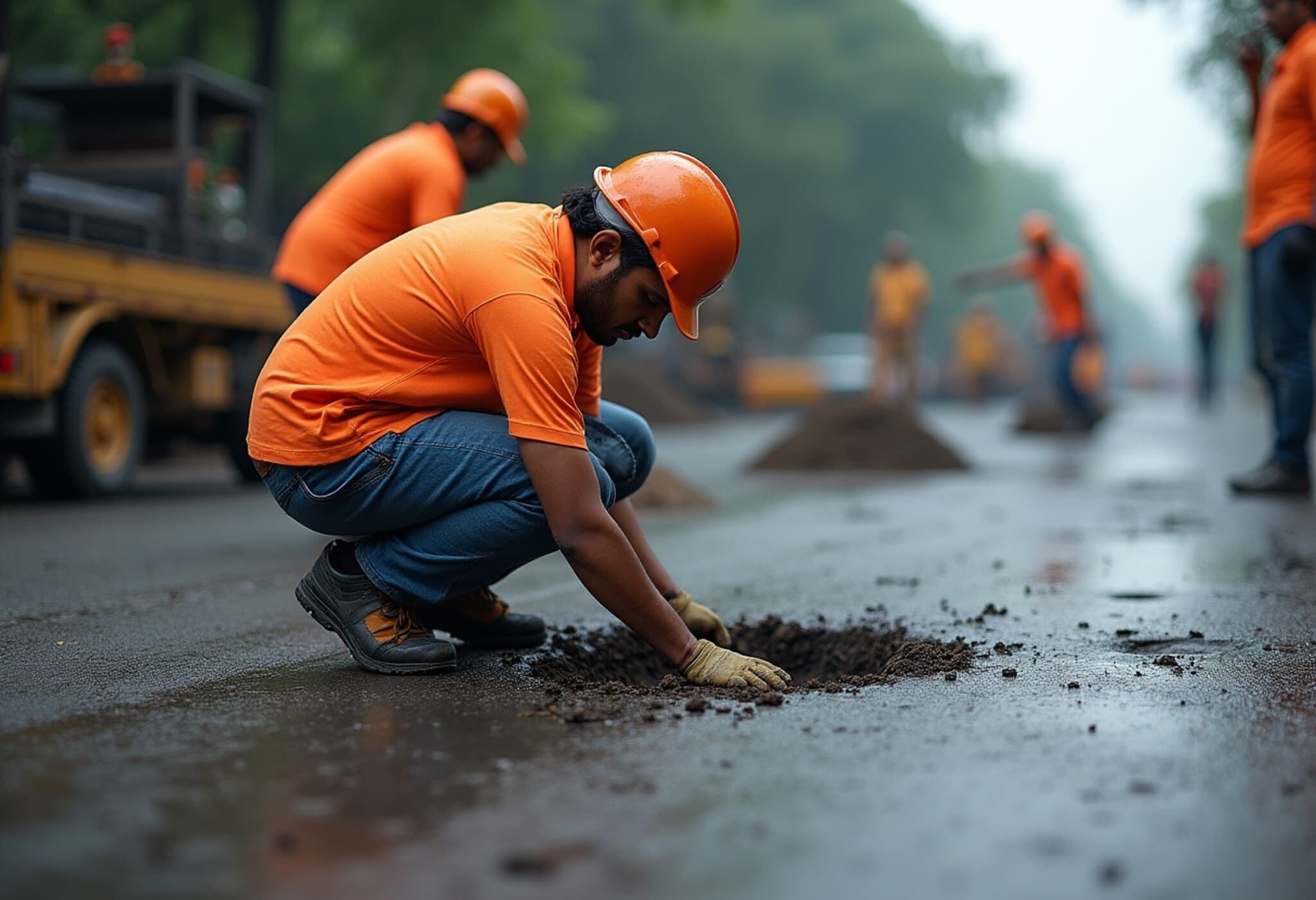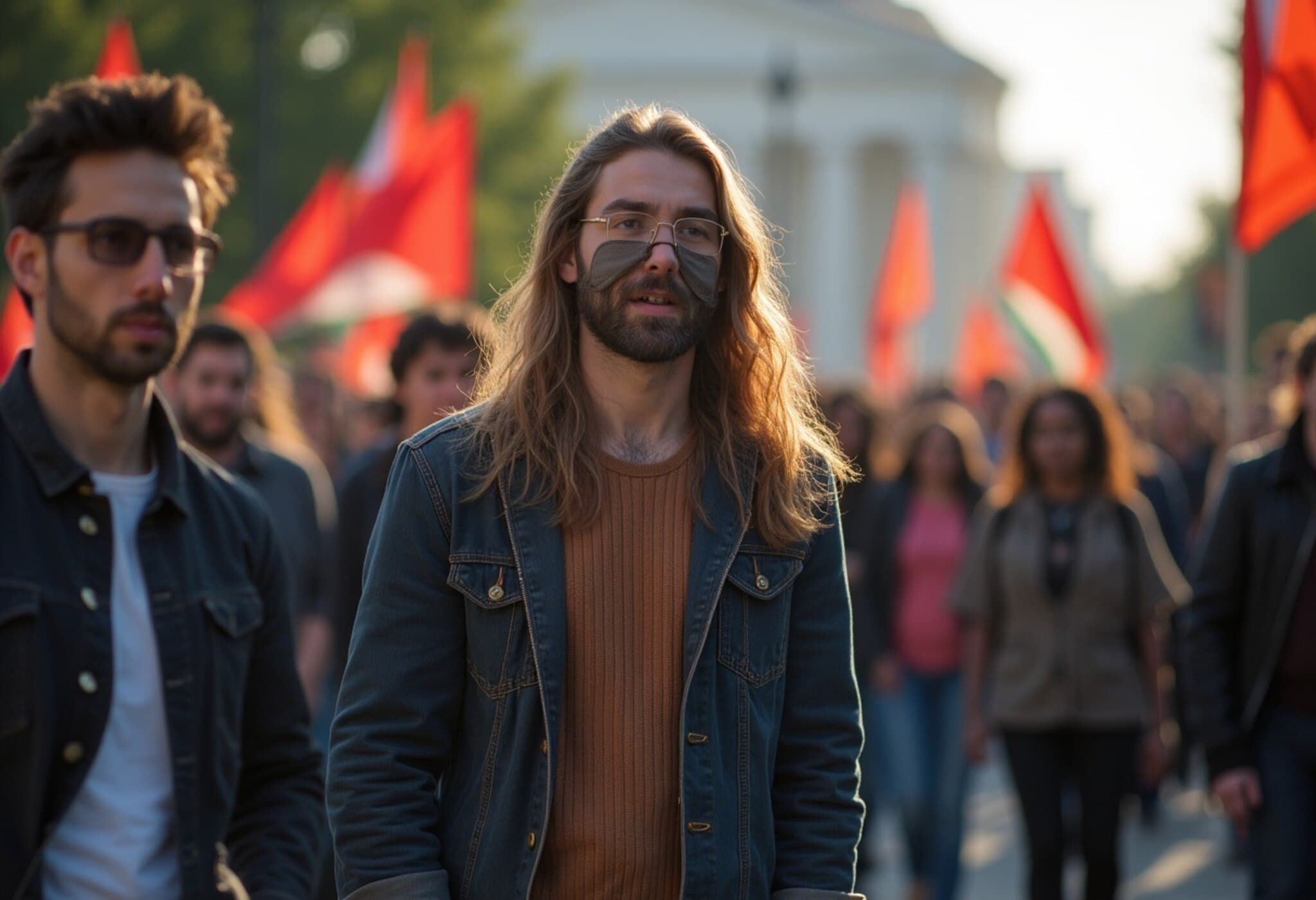A Dance Marathon That Defied Limits
In an awe-inspiring display of endurance and artistic devotion, Remona Evette Pereira, a final-year BA student at St Aloysius (deemed to be University), Mangaluru, has rewoven the fabric of possibility in the world of classical dance. Beginning on July 21 and culminating after seven intense days on July 28, she completed a 170-hour uninterrupted Bharatanatyam performance, securing her place in the Golden Book of World Records and capturing the imagination of art lovers globally.
Unprecedented Commitment and Energy
Marathoning a physically and emotionally demanding art form like Bharatanatyam for over seven days is nothing short of Herculean. As per Christopher D’Souza, director of Ranga Adhyayana Kendra at her university, Remona was permitted just a brief 15-minute break every three hours. Despite these constraints, her vigor and grace remained steadfast, a testament to not only physical stamina but profound mental resilience.
Dr. Manish Vishnoi, representing the Golden Book of Records in India, remarked, "While a record can be set after 120 hours, Remona's insistence on completing the full 170 hours reveals a rare blend of determination and passion rarely witnessed even among seasoned performers."
The Making of a Dance Luminary
Remona’s tryst with Bharatanatyam began at the tender age of three under the guidance of her guru, Shrividya Muralidhar. Over the years, her dedication translated into milestones such as the rangapravesha—a traditional debut solo performance—completed in 2019. This marathon event marks not just an endurance record but the crescendo of years of disciplined training and profound love for the classical art.
Community Spirit and Widespread Acclaim
The venue transformed into a vibrant cultural hub across the week-long event. Students, faculty members, political dignitaries, and enthusiasts from across the region gathered, many traveling long distances, united in admiration and solidarity. This collective energy added a palpable human warmth and celebratory spirit, enriching the event beyond the personal achievement to become a shared cultural moment.
Social media quickly caught fire, with videos of Remona’s performance going viral. Across Instagram, Twitter, and Facebook, viewers expressed astonishment and inspiration.
- One user likened the feat to a popular culture reference, saying, “This reminds me of the last episode of Bandish Bandits Season 1 where Radhe sings for 21 hours straight.”
- Another hailed it as an emblem of progress, commenting, “The feminism we want in India.”
Why This Record Matters in Today's Context
Beyond the immediate headlines, Remona’s record invites reflection on the evolving role of classical arts in modern society. Her accomplishment challenges stereotypes about traditional arts being static or fading relics, instead positioning them as arenas for extraordinary human achievement and resilience.
In a larger socio-cultural frame, this event underscores how young Indian artists are reclaiming classical forms with vigorous innovation and global outreach, enriching not only cultural heritage but also contributing to cultural diplomacy and soft power.
Expert Commentary
Experts in performing arts and physiology note that sustaining such a marathon requires rigorous physical conditioning and psychological fortitude, often comparable to endurance sports. The 15-minute break every three hours hints at calculated strategic recovery, but dancing continuously for this duration also involves managing muscle fatigue, hydration, and mental focus.
From a policy and educational perspective, institutions that nurture such talents exemplify successful integration of cultural education with performance excellence, spotlighting the importance of sustained investment in arts infrastructure and mentorship.
Watch the Record-Breaking Performance
Video links to Remona’s performance have circulated widely—capturing moments of grace, perseverance, and joy. These visuals not only document a record but inspire a new generation to dream bigger and move beyond boundaries.
Editor’s Note
Remona Evette Pereira's world record is more than an athletic or artistic milestone—it is a radiant testament to human spirit, cultural pride, and youthful determination. As society grapples with fast-paced, often fragmented daily existence, such stories remind us of the enduring power of art and community.
Looking ahead, key questions emerge: How can educational and cultural policies better support extended engagement in the arts? What narratives around endurance and performance deserve more attention in the global arts discourse? And crucially, how can such feats spur inclusive conversations about tradition, innovation, and identity in contemporary India?

